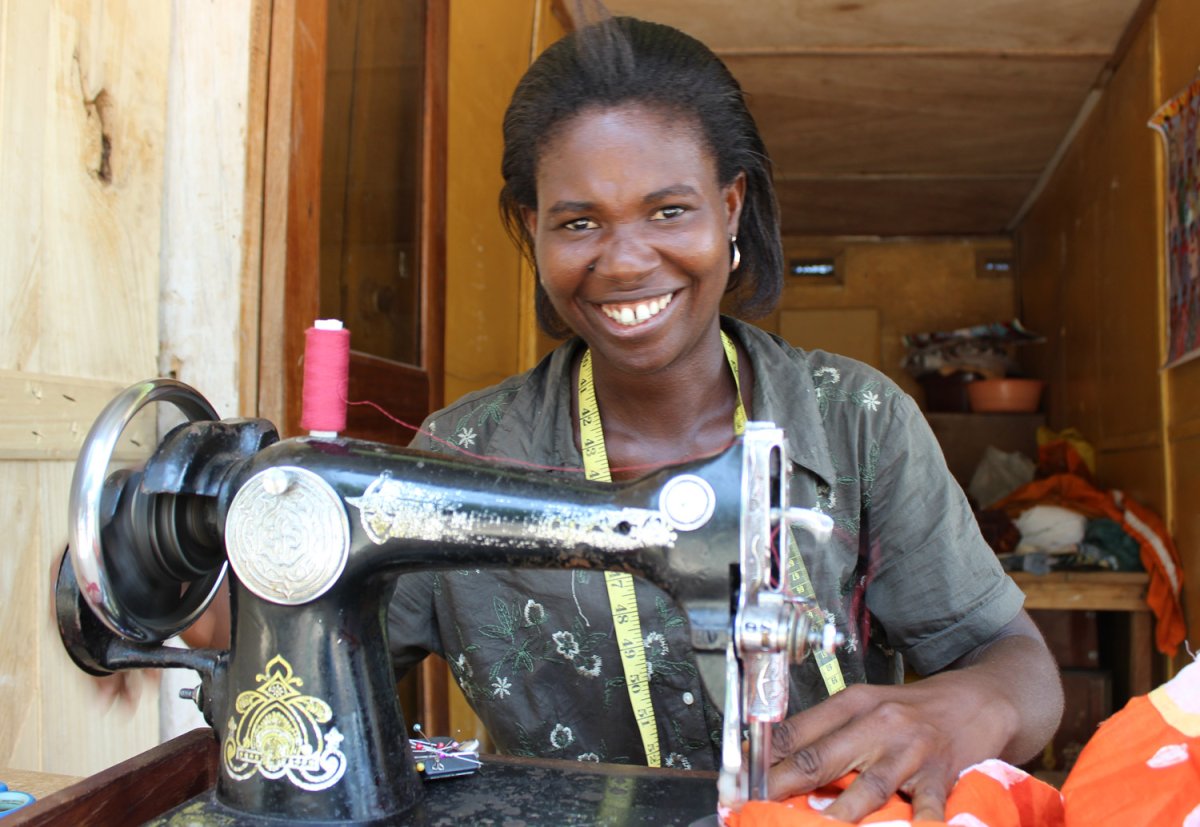ACCRA & CAPE COAST, Ghana – The Bangladesh factory collapse has forced Canadians to look at their closets a little more closely.

The discovery of Joe Fresh garments in the rubble has also brought renewed calls from NGOs and labour groups to improve conditions for garment workers in the developing world.
Currently, there is no existing fair trade certification program in North America for apparel, only for commodities.
“It started with coffee, then chocolate, sugar… But it’s so expensive for businesses to go through certification so it falls on the producer’s shoulders,” said Carrie Hawthorne, former board member of the Fair Trade Federation, a non-profit based in Washington, DC.
Fair trade screening does exist for apparel, but is entirely voluntary. Expenses to remain “fair trade” increase production costs, putting companies at a competitive disadvantage to those not operating at the same standards.
The only incentive is to appeal to the small market of fair trade consumers. This incentive isn’t enough, for most.
“Can you really keep up with Walmart?” asks Hawthorne, who is now working for a fair trade organization in Ghana called Global Mamas.
This organization might be an exception to the rule. It is a Ghanaian-based clothing company with a formula to trade fairly and make a profit.
“The model that Global Mamas is setting up is to be large scale,” says Hawthorne.
- Canadian man dies during Texas Ironman event. His widow wants answers as to why
- ‘Shock and disbelief’ after Manitoba school trustee’s Indigenous comments
- Several baby products have been recalled by Health Canada. Here’s the list
- ‘Sciatica was gone’: hospital performs robot-assisted spinal surgery in Canadian first
The women involved essentially own their own businesses – each “Mama” is responsible for managing her own finances and hiring help if needed.
This approach means the company is dealing one-on-one with Ghanaian entrepreneurs rather than a company in Bangladesh, for example.
Women are employed in seven different locations in Ghana. The organization provides raw materials and orders for batiking, sewing, bead-making, assembling, weaving and soap-making.
Gloria Amanful, a seamstress in Cape Coast, has been working with Global Mamas for the past nine months. She is saving money to buy land, and is now thinking of buying a knitting machine to expand her business.
Amanful says she is gaining confidence in herself through her work. “Global Mamas has helped me by giving me something for my children and my family,” she said.
It’s something that Global Mamas co-founder Renae Adam said is an advantage of working with women.
“You can be assured they’re going to invest their money in their family,” she said. “Women are definitely the best investment for the betterment of an entire community.”
“They even start employing other women,” said Adam.
Mary Koomson is proof: since she started taking on contracts with the organization, she’s been able to purchase her own plot of land, pay for her niece and nephews to attend school, hired two workers and one apprentice, and is now thinking of expanding her business.
“I want to open a store to make my new things in,” she said.
Koomson lives in Cape Coast, and has been working with Global Mamas for five years. She does “batiking,” an ancient process of stamping and dyeing fabric that has been practiced in Ghana for generations.
She said she has benefited from training provided by Global Mamas on fair trade, how to manage your business and how to save money.
The organization was founded in 2003 with six apparel producers in Ghana. It now has over 600 producers and is building a fair trade campus in Ashaiman, just outside of Accra.
Global Mamas hit the $1-million sales mark for the first time in 2012. Adam said that the organization is getting requests from all over the world to establish organizations there, but that Global Mamas will stay in Ghana until, she said, “we’ve helped Ghana to its extent.”
But the Global Mamas model is proving to be a success, according to Adam, in more ways than numbers.





Comments